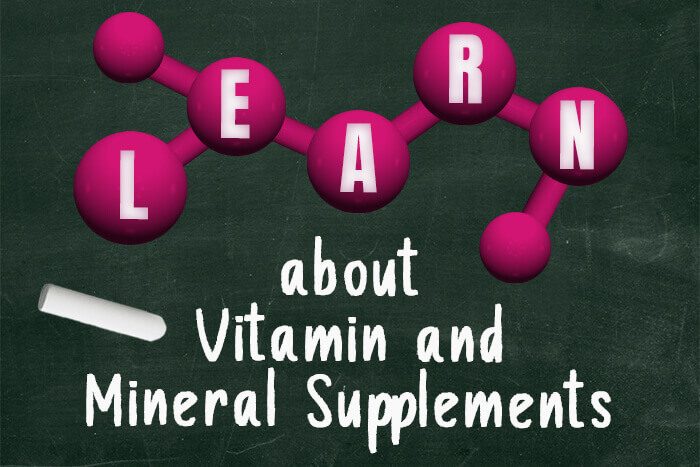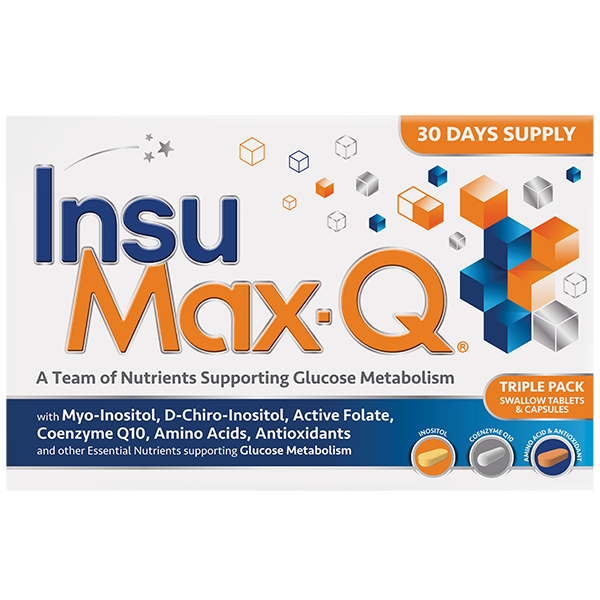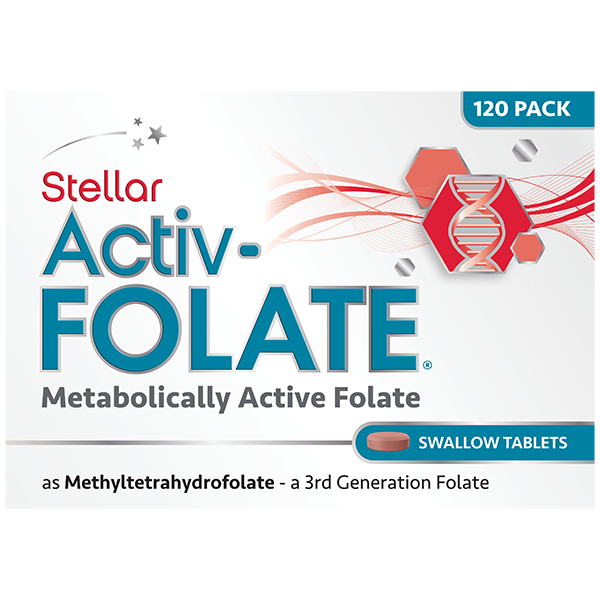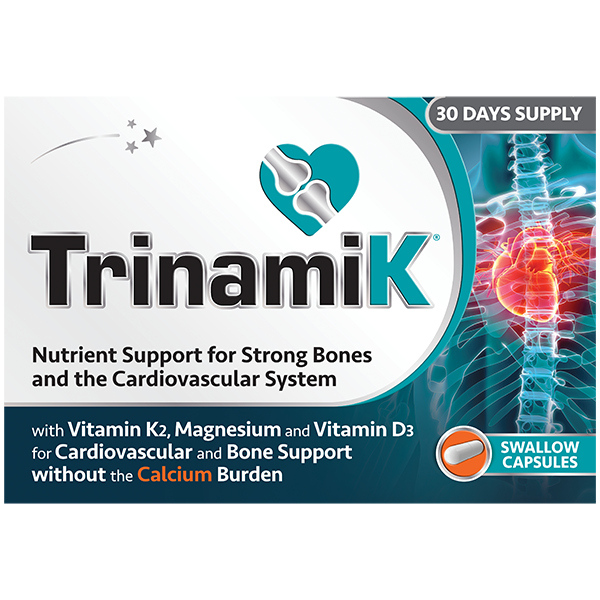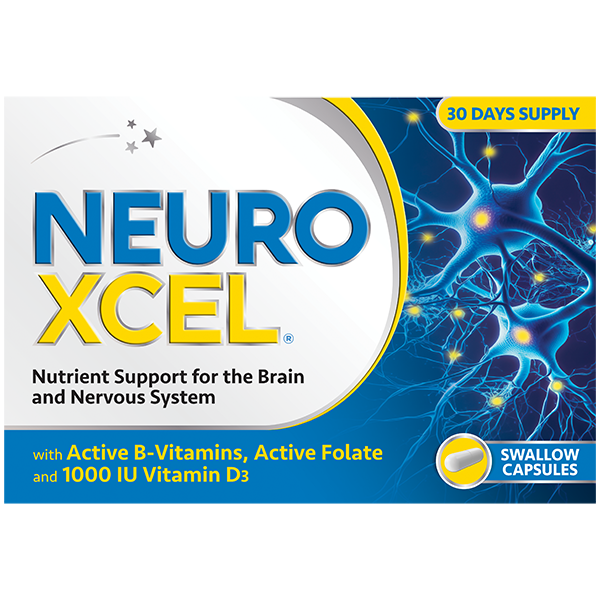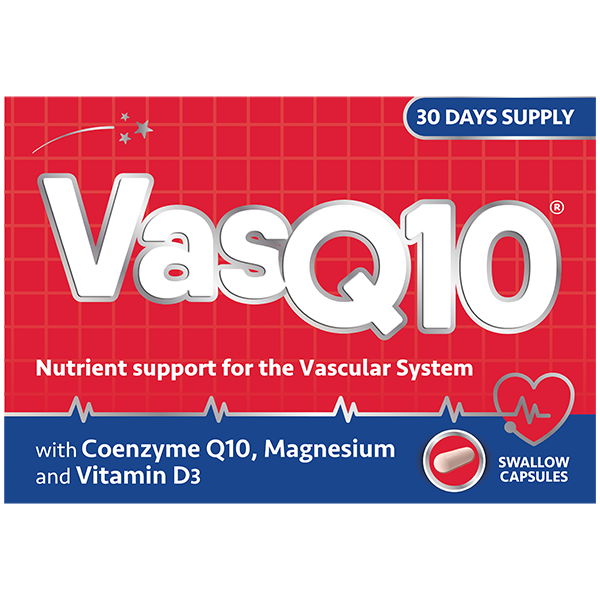FREE SHIPPING FOR ORDERS R500 OR MORE
FREE SHIPPING FOR ORDERS R500 OR MORE
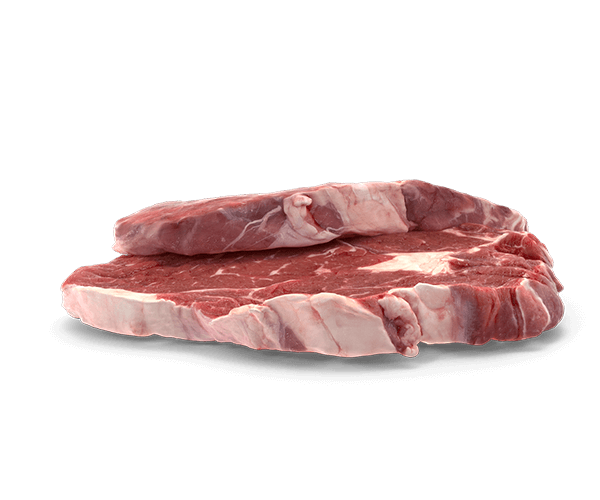
L-Carnitine
L-Carnitine and weight loss
L-Carnitine is an Amino Acid that is produced by the body from Lysine and Methionine. It can be acetylated to produce Acetyl-L-Carnitine (ALCAR), which is similar but crosses the blood-brain barrier more efficiently. L-Carnitine plays a critical role in energy production and is best known for its involvement in the mitochondrial oxidation of long-chain fatty acids to produce energy. L-Carnitine is concentrated in tissues like skeletal and cardiac muscle that utilise fatty acids as a dietary fuel. L-Carnitine is known as a “natural fat-burner” because that’s what it does on the cellular level. L-Carnitine plays a significant role in boosting your body’s metabolism. It does this by improving mitochondrial function and increasing cellular energy. Many athletes use it to help them burn fat, enjoy enhanced recovery, and prevent muscle fatigue.
Frequently Asked Questions:
What does L-Carnitine do for you?
L-Carnitine plays a critical role in energy production and is best known for its involvement in the mitochondrial oxidation of long-chain fatty acids to produce energy.
When should I take L-Carnitine?
L-Carnitine can be absorbed quickly into the body. The best time to take it is in the morning and/or prior to workouts.
Can I take L-Carnitine on an empty stomach?
In order for the L-Carnitine to enter the muscle cells and function, Insulin levels need to be elevated. Taking L-Carnitine when Insulin is elevated also helps to deliver more glucose to the muscle cells. This helps to boost energy and workout performance. It is better to take it with a small amount of carbohydrates.
Is L-Carnitine good for the heart?
Yes, L-Carnitine is good for the heart. Studies show that L-Carnitine can reduce mortality, abnormal heart rhythms and angina development in patients experiencing a heart attack. L-Carnitine facilitates the transport of long-chain fatty acids into the mitochondrial matrix, triggering cardioprotective effects through reduced oxidative stress, inflammation and necrosis of cardiac myocytes.






